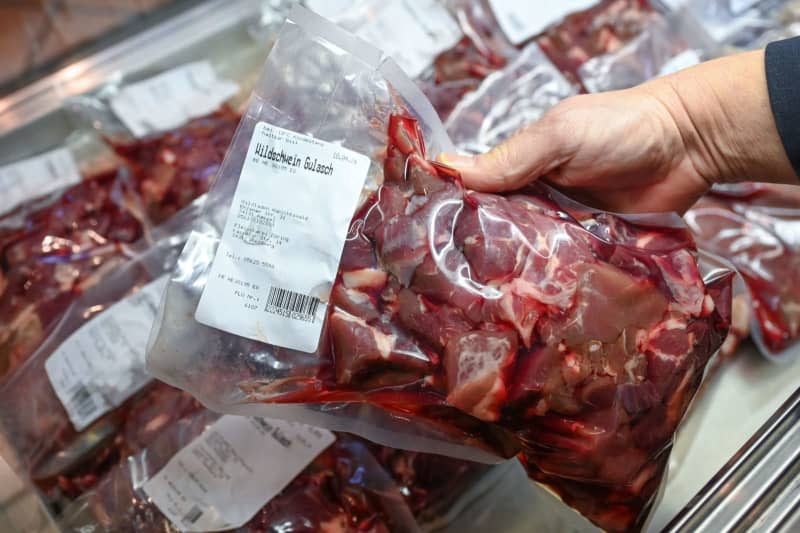Germany beefs up mandatory origin labelling for more meat products

From Thursday, extended rules on origin labelling will apply to meat in the refrigerated counters of German supermarkets and butchers' shops.
The origin must now also be labelled for unpackaged meat from pigs, sheep, goats and poultry, as stipulated in a regulation by Germany's Agriculture Minister Cem Özdemir. This already applied to packaged goods and unpackaged beef.
The country where the animal was reared and the country of slaughter must be labelled, either with small signs or on screens at the store.
The extended labelling requirement is intended to give consumers more clarity when shopping, Özdemir said. This would enable them to make a conscious decision in favour of domestic products and support German agriculture, which also stands for higher animal welfare and environmental standards compared to many other countries.
According to a survey by the opinion research institute YouGov, opinions on the benefits of extended labelling differ. The survey showed 35% felt that it would tend to influence their purchasing decisions. 11% fully believe it will, and a further 24% at least somewhat.
In contrast, 41% felt that it would have no influence on their own purchasing decisions - 22% belive it would not make any difference at all, and 19% said it probably wouldn't. 14% stated that they do not buy meat at the fresh food counter at all. The survey polled 4,634 people aged 18 and over, on January 24, 2024.

